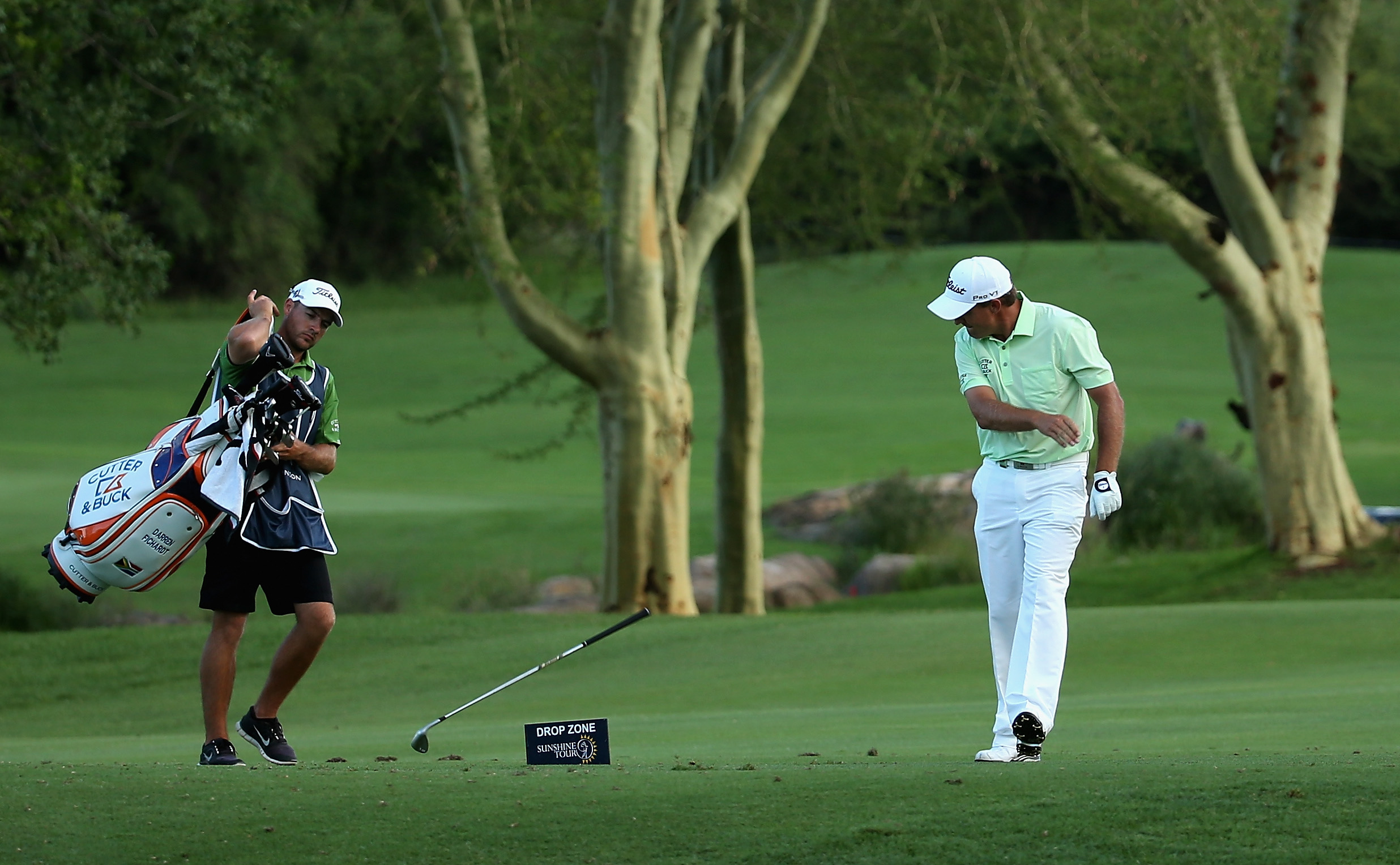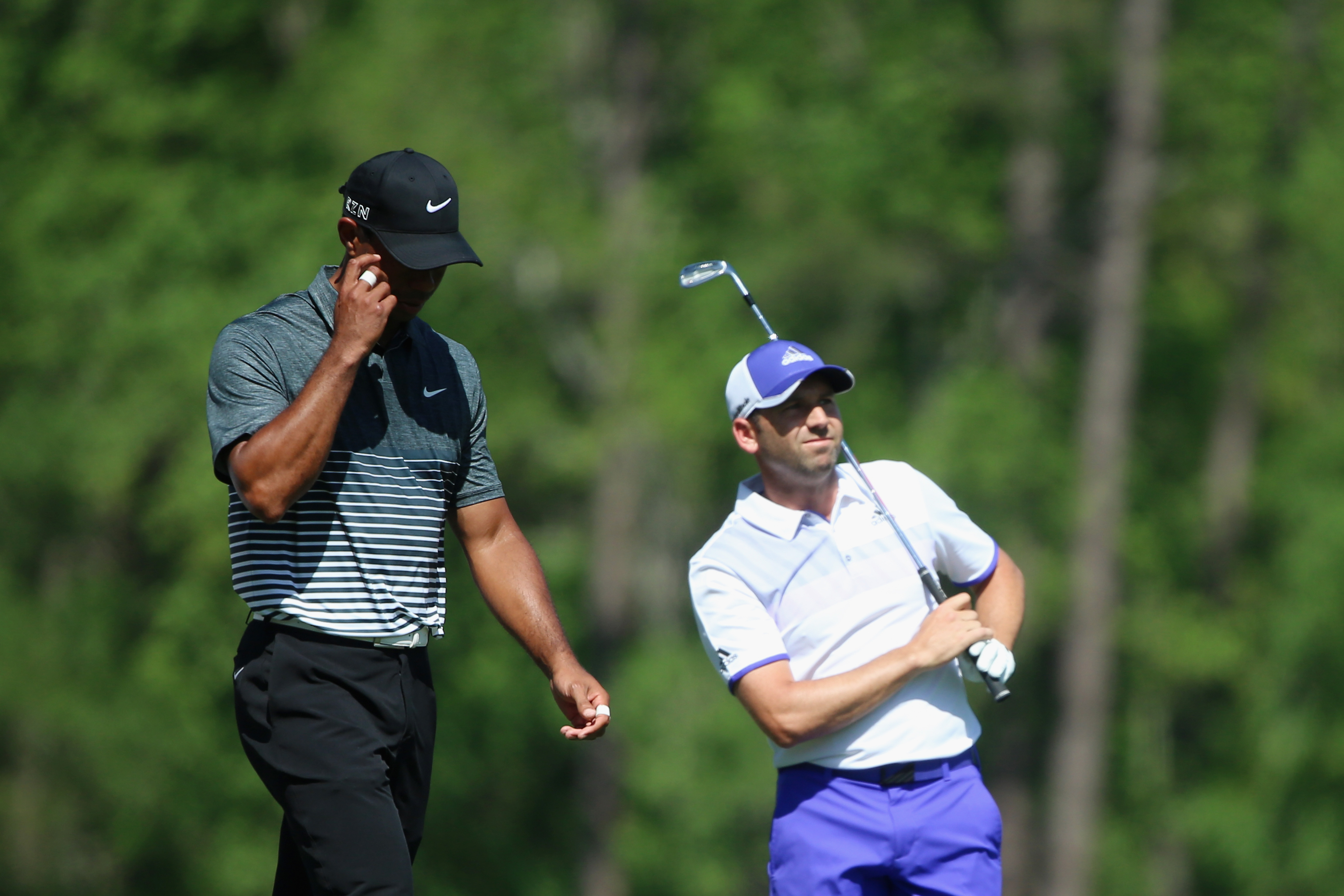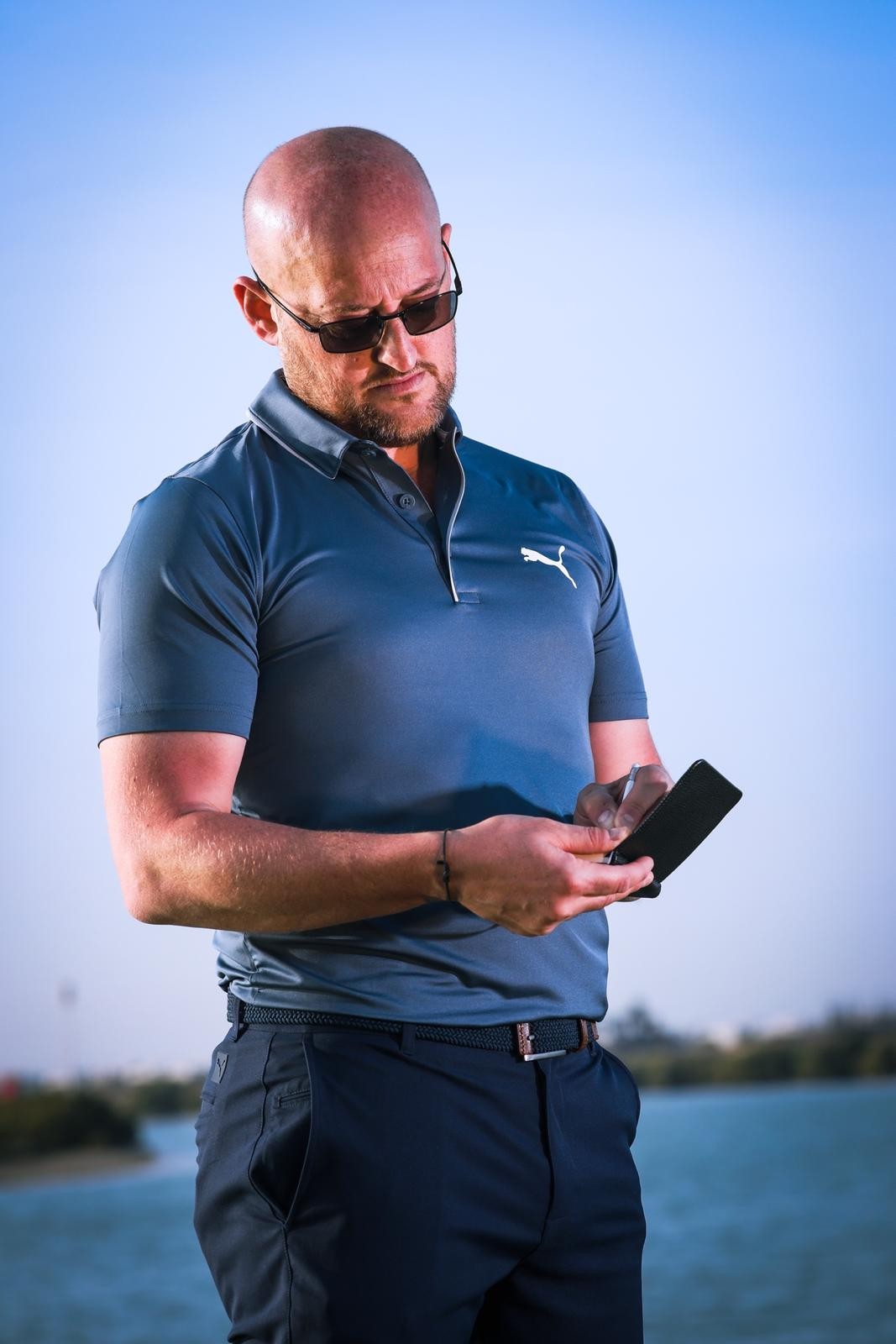Is It OK To Lose Your Temper On The Course?
Mental coach Duncan McCarthy on how to manage our on-course outbursts


It is seen as a bad look to lose your temper on the golf course but it is more important to let it out, ideally in a helpful way. To say to someone to not lose your temper or don’t do this or don’t do that, all you’re doing is delaying the inevitable. Everyone is individual and responds differently and that has to be understood. Some are going to erupt at some point but you’ve just got to make sure that you’re channelling it in a helpful manner.
Some players let their anger out in an explosive fashion and, as soon as they’ve done it, it’s gone. It happens in loads of sports, it happens in life, just don’t project it onto something or someone that it didn’t need to be.
Your caddie is the only person out there with a player at the top level so occasionally a player will take it out on them. It’s a bad look but, if you can get away from how it looks to other people and appreciate that it’s helping you as a player, then that’s a better perspective to have. It’s a fine line between it not looking good and it impacting other people and other people’s performances.
More often than not it will come out when you’re not expecting it. You don’t know when a good shot or poor shot is going to come. So sometimes the eruption can come at a random time but it will likely be a build-up of the last few holes or days or even months. And you need to get that energy out.
We all have a good idea of which players erupt and we have an idea of which players who we think don’t get too flustered by things. There’s no right or wrong to be but there is a helpful way to be rather than an unhelpful way.
If you look at someone like Tyrrell Hatton his temper does work for him. You would be clipping his wings trying to get him not to get frustrated, he’s one of the world’s best golfers and his behaviour is part of that. He channels that in a helpful way.
Are we here to be perfect? Far from it. Are we machines? Far from it. Are we human beings? Yes. Do we want to be consistent and do things better? Yes. But sometimes we don’t embrace who we are and we try and fit ourselves around a certain mould rather than this is who I am.
Subscribe to the Golf Monthly newsletter to stay up to date with all the latest tour news, equipment news, reviews, head-to-heads and buyer’s guides from our team of experienced experts.
There is always a deeper root to the surface action that somebody shows so a club throw, slam into the bag, bad language or whatever, all of that is just on the surface. To get to the root cause is more interesting to me.

It is like when a child throws something and has a bit of a tantrum, then everyone tells them off and says that they can’t do that. I wouldn’t be too bothered about that, I would be more interested in where it’s coming from and why is that now coming to the surface?
I will work with players a lot on this side of the game and how to have better relationships with certain emotions and feelings like anger and aggression. They are part of sport and life. We need a form of aggression in all sports, some more than others like contact sports, but it’s still about having a good relationship with it and not allowing the anger to control us.
When it doesn’t work for us we will hold on to that anger and it will play a part in our next shot and even our next round and it just continues. If you are going to vent then you have to leave it where it was and draw a line under it. We need to get a lot better at drawing that line under it and accepting things. We might still hate it but we have to accept it.
We all use Tiger as an example but he was one of the best at this. Think of how amazing his skill set was and how frustrating it must be when he hit a poor shot but he was always able to put it behind him. As well as being highly frustrated he was also a highly excited golfer at times but what he did better than most was that any emotion was back down to a place where he could perform from by the next shot.
Sergio Garcia was very similar, high emotion at times, but the difference was that Sergio didn’t learn that skill of bringing that emotion down to a place where he could perform from. I would put the two of them in a very similar place talent wise.
We can only ever see what somebody puts out there but, from what we can see in their body language, I would always go for someone like a Fred Couples or Retief Goosen as being fantastic at staying around what I call the neutral line. They were never too down, their body language and the speed that they walked at was consistent and the old adage of not being able to tell whether they were five under or five over very much fitted with them.
A great nugget is, just before you feel like you are about to erupt, to take a breath or a few purposeful breaths as that just settles things and gives you the opportunity to be a bit more logical rather than emotional. That 5-10 seconds can be crucial in what happens next. This sounds so obvious but not many of us will ever do this.

Duncan McCarthy is a mental coach who works with golfers across all tours including Marcus Armitage, Erik van Rooyen and Women's Open winner Ashleigh Buhai.
He passionately believes that his job as a mental coach is to take individuals and teams to new levels of performance and achievement. His obsession with achieving peak performance led him through his academic period through university to where he is today, working and succeeding with his clients. He pulls together over 20 years of coaching and 15 years of coaching professional level athletes to give an unquestionable and proven track record of expertise with every client.
Away from his role, Duncan still plays to a high standard himself, a former professional now playing off +2 and loves spending time with his two boys and wife.